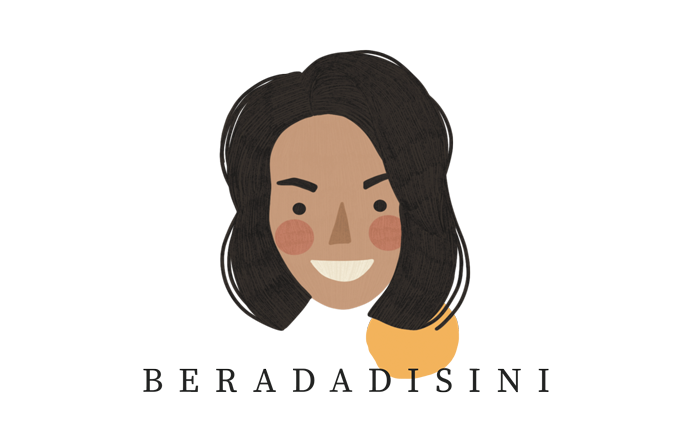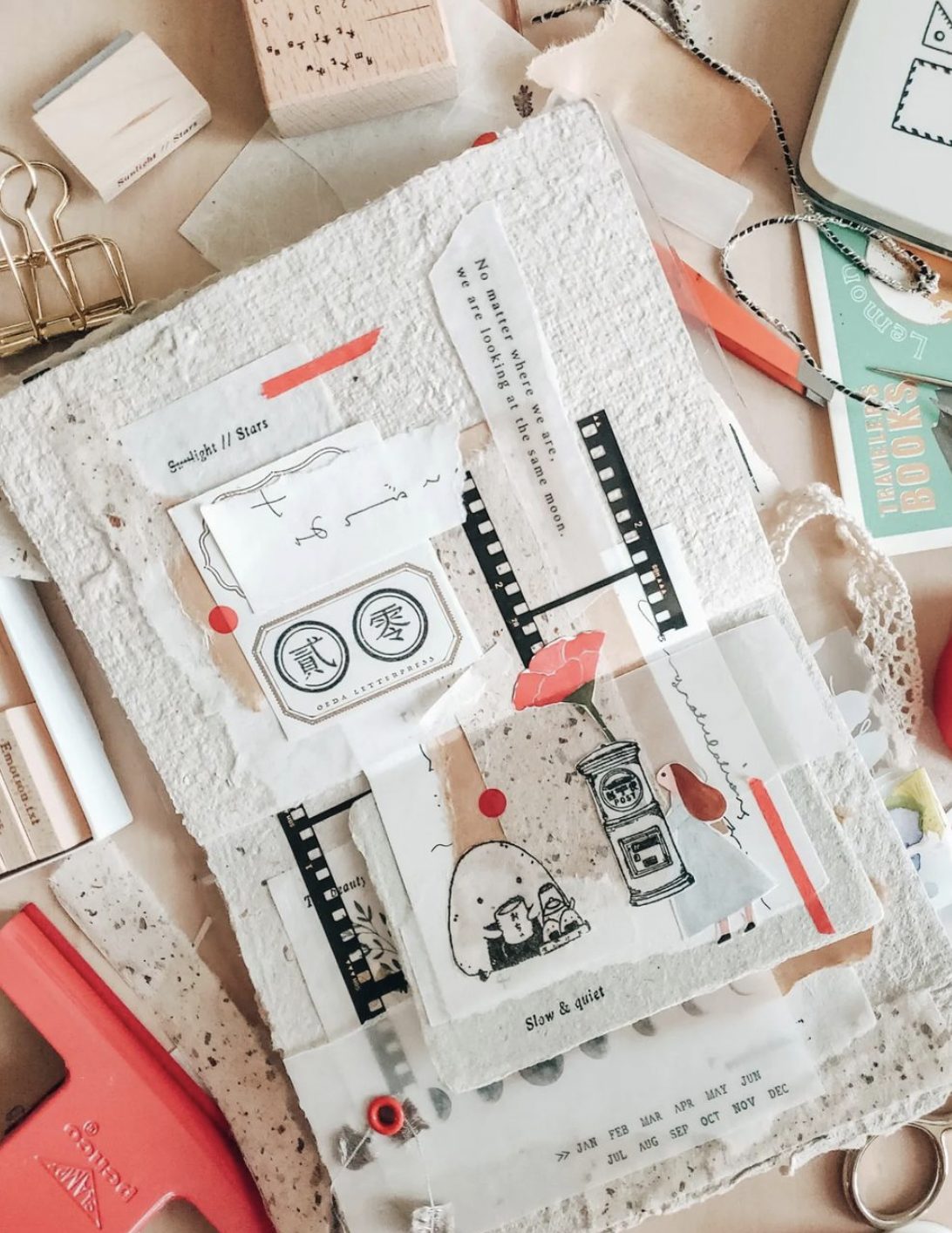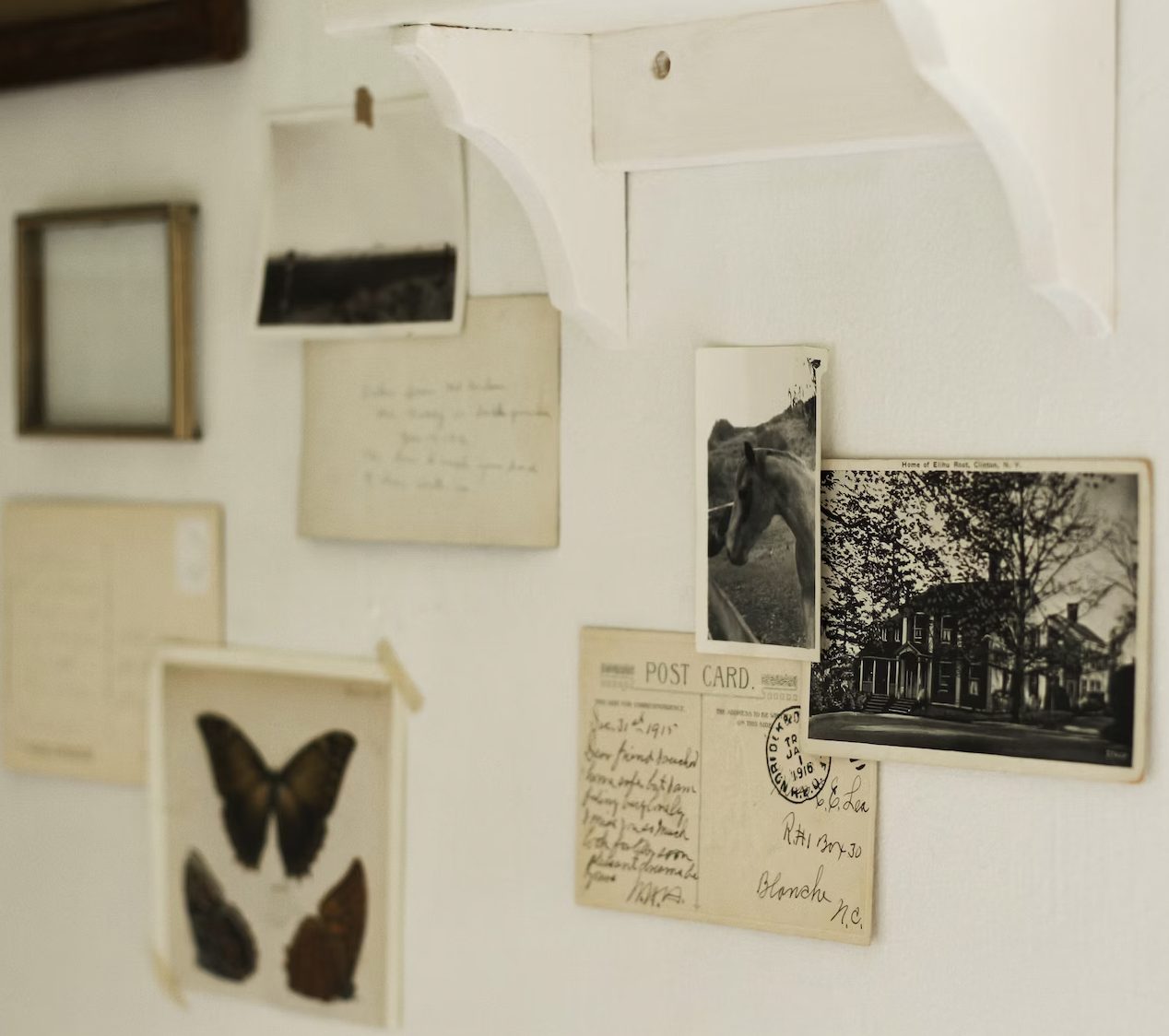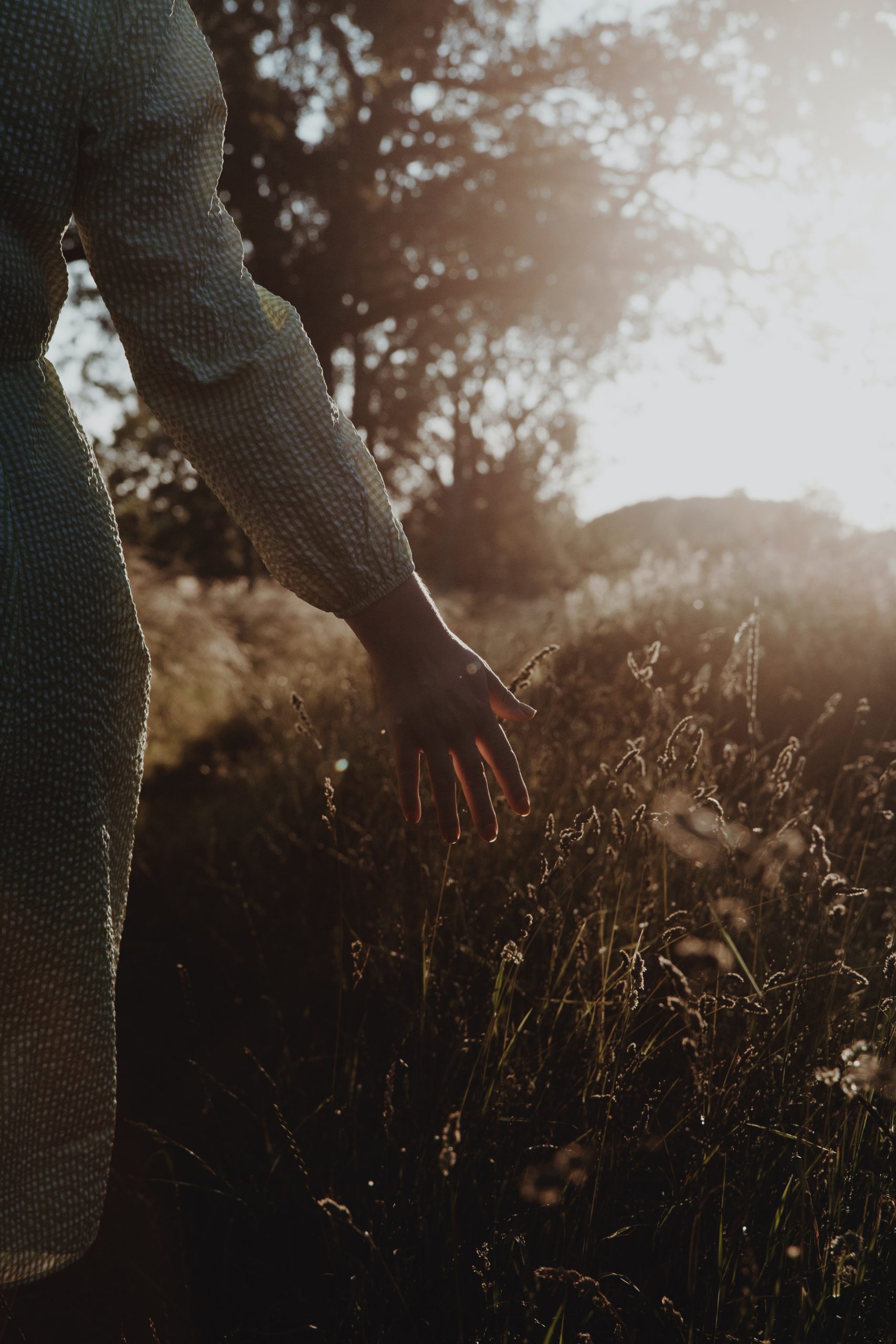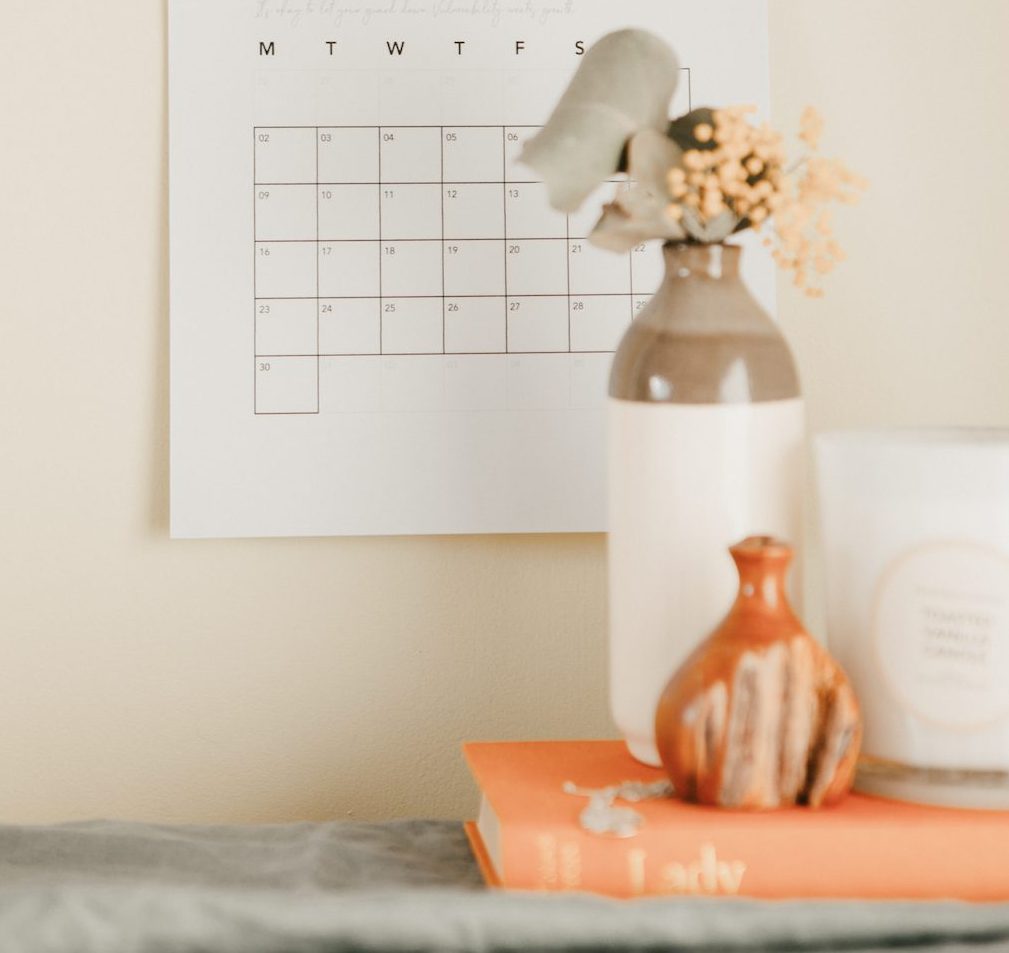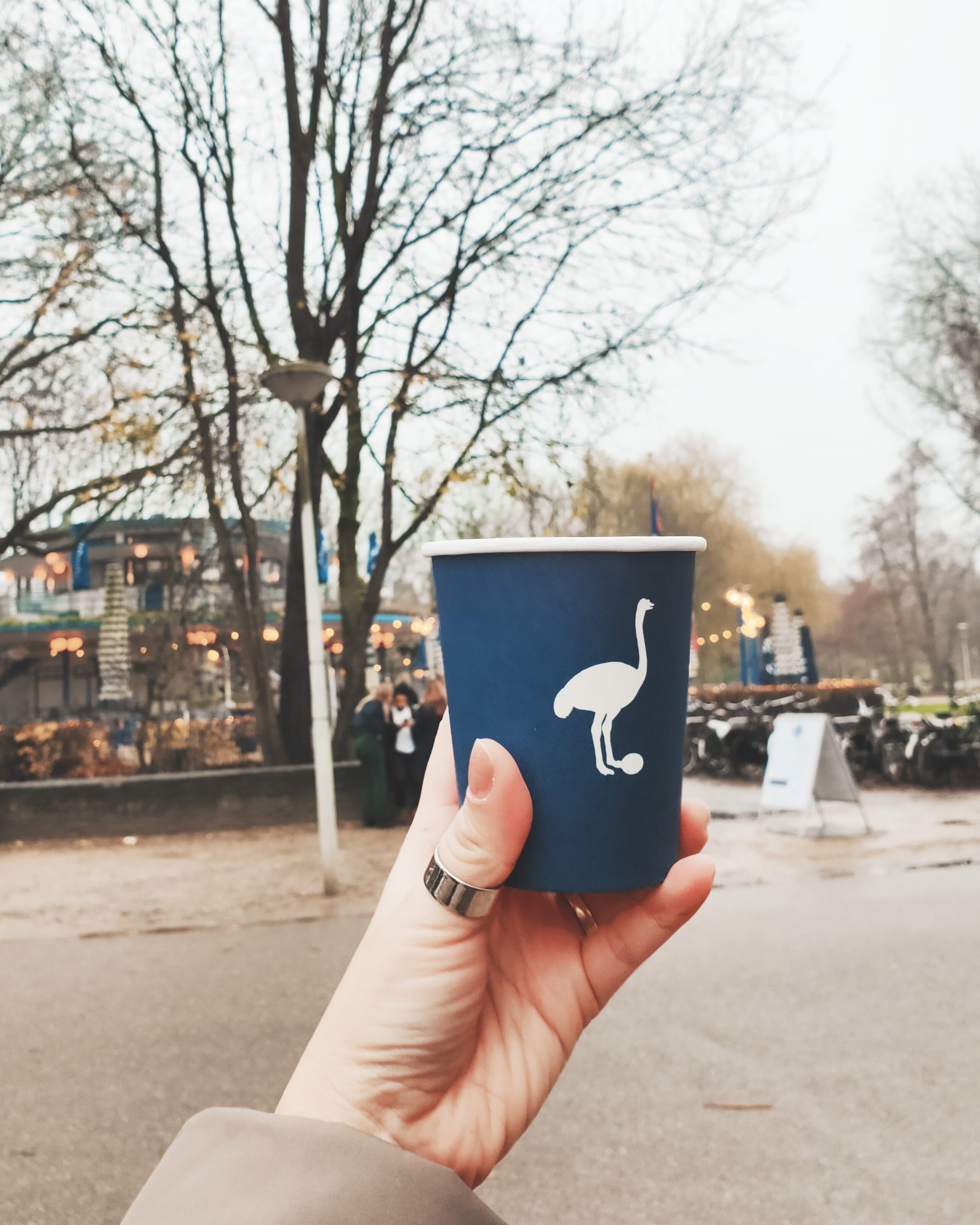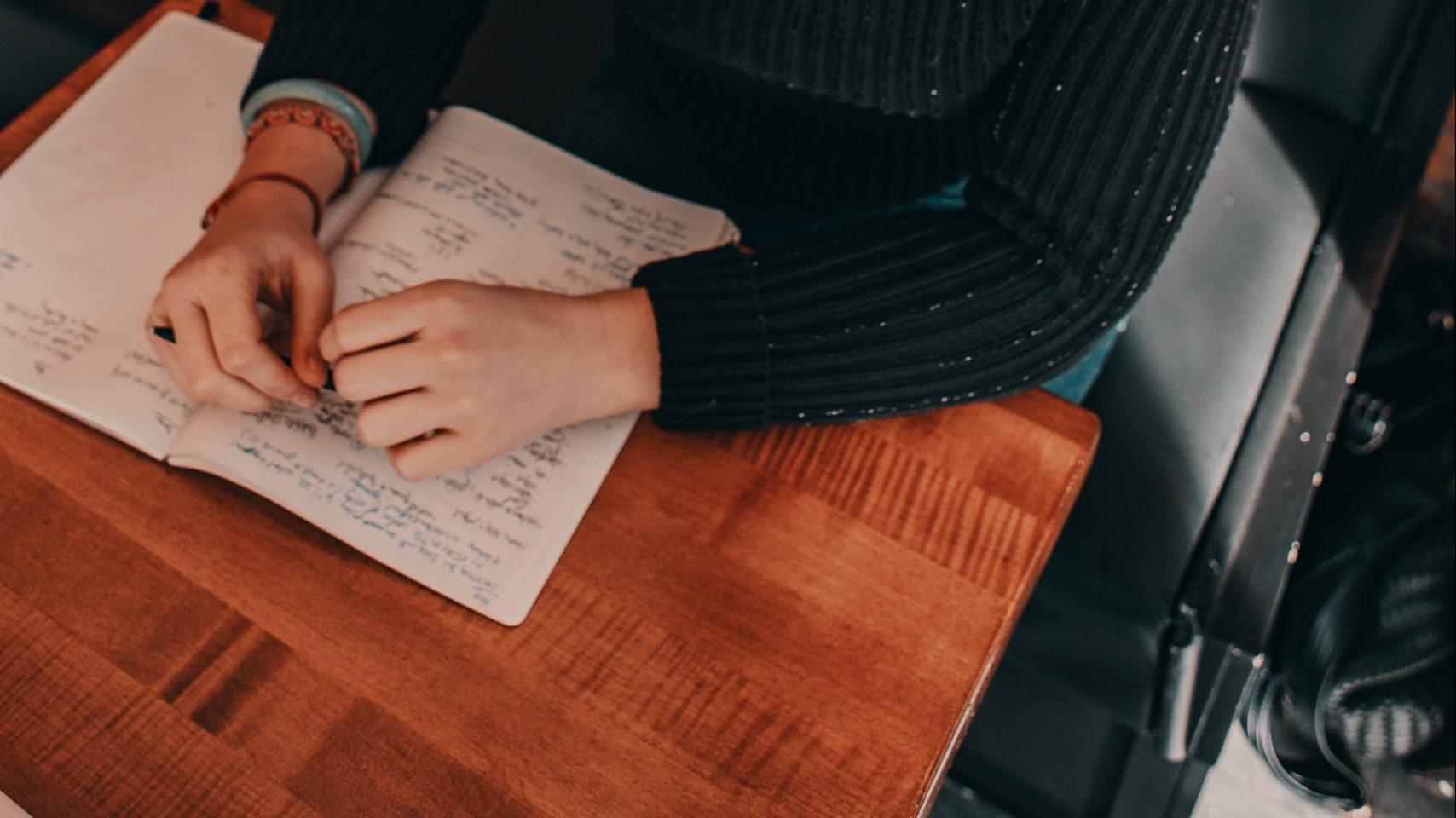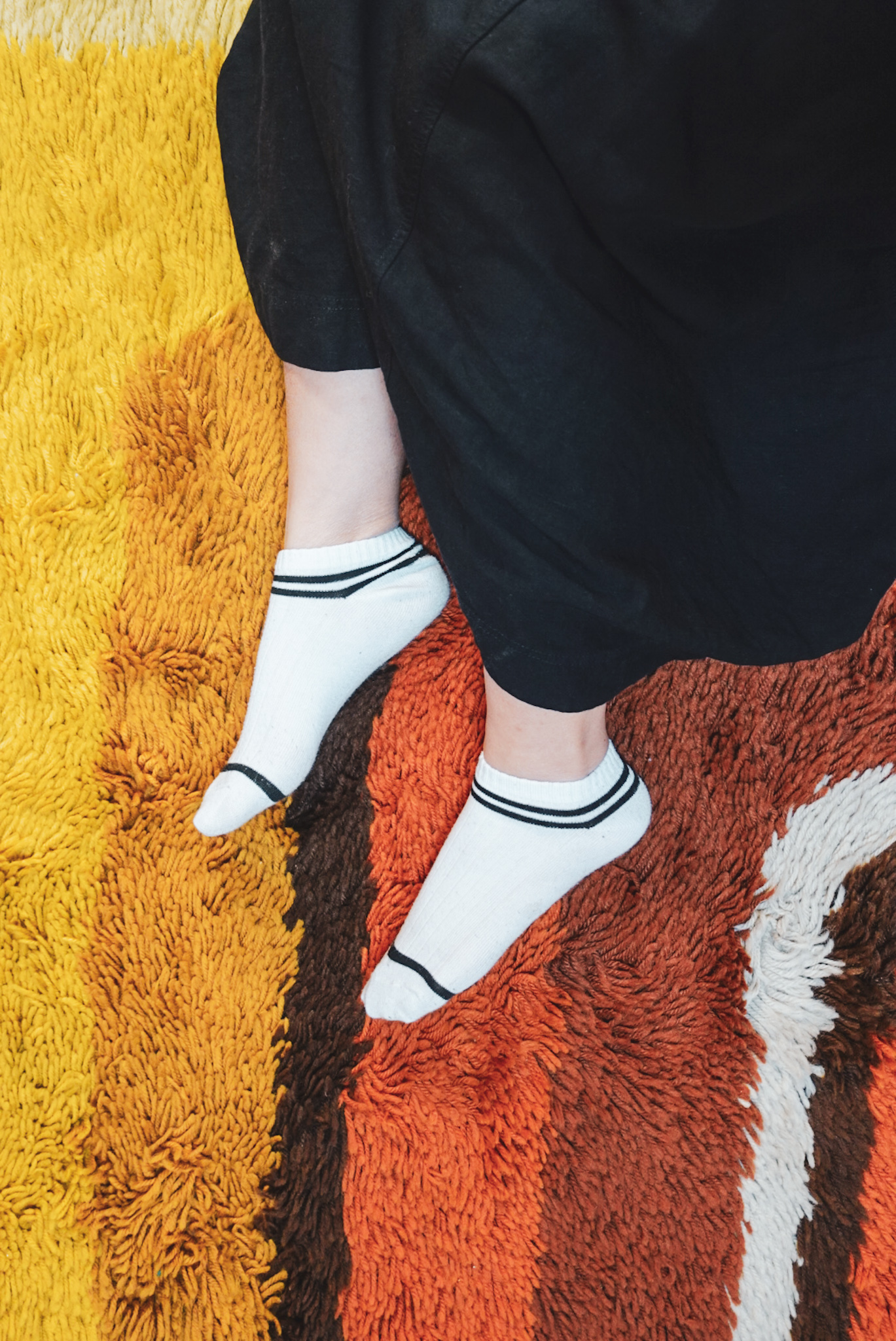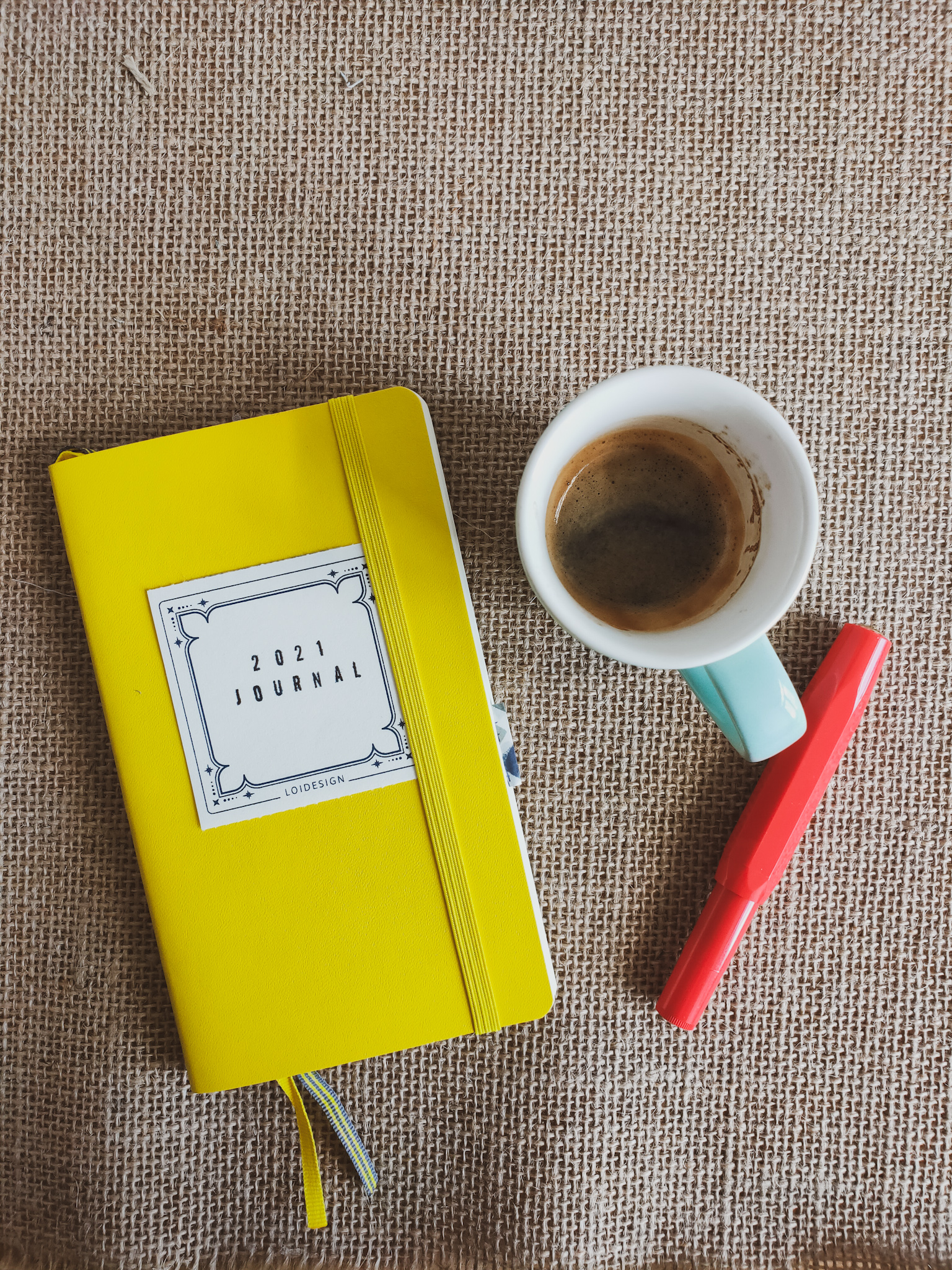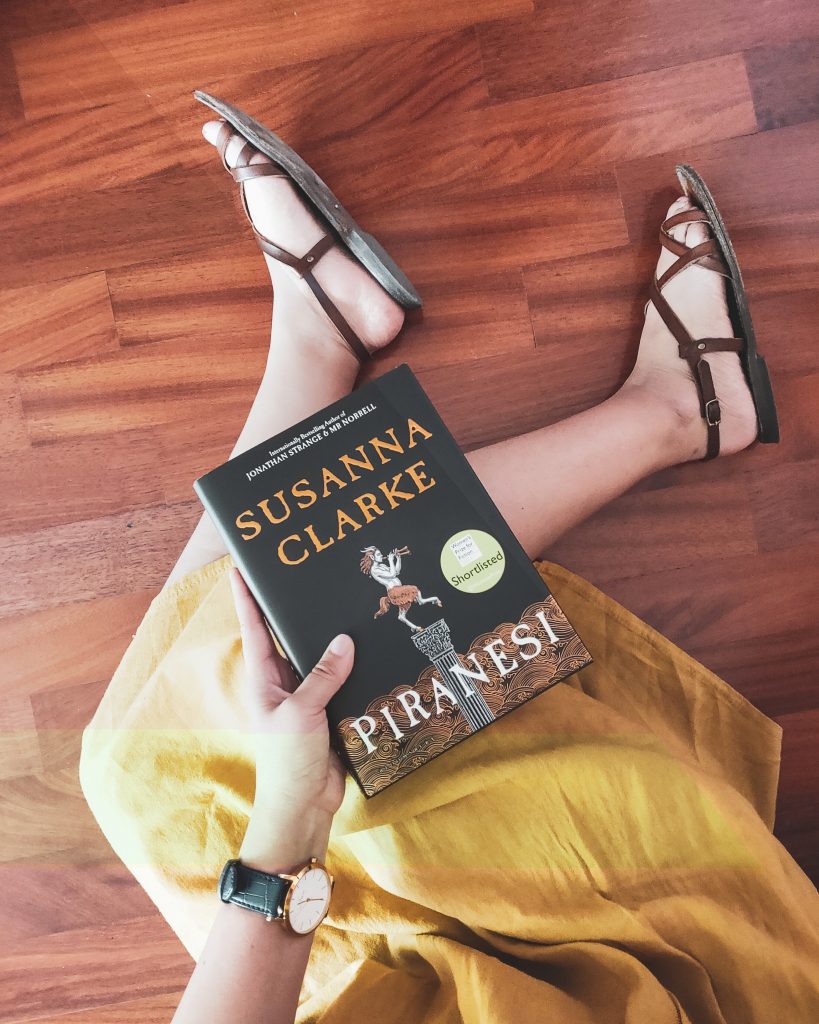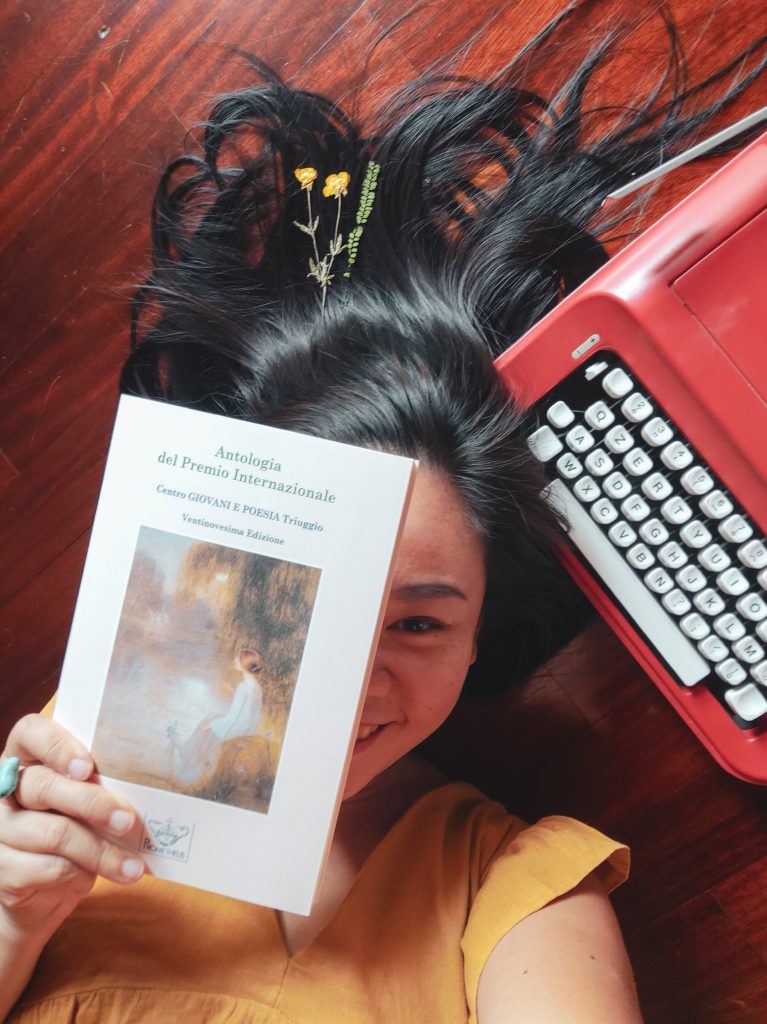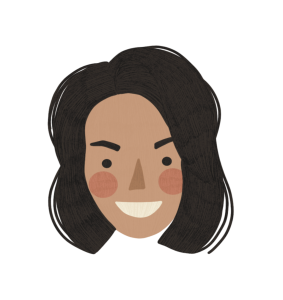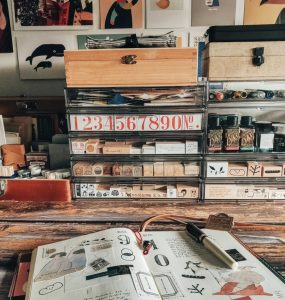***
This month, Mirha invited me to join in as a guest at The Knitting Club—where we talked about the book Essential: Essays by The Minimalists. I wrote down some of my takeouts and thoughts below:
1. KNOW OUR WHY
It is essential to know why we’d like to be minimalists or to embrace minimalism. Is it because we feel suffocated living in a house that is so full of things? Is it because we spend so much money buying things we do not need? Is it because we want to save more money? Is it because we realize that we have five scissors in the house?
I think, first and foremost, we need to be clear about what doesn’t feel right in our lives:
- What feels excessive and unnecessary?
- What feels like a burden (physically, emotionally, financially)?
- What are some of the problems I am facing?
Then, ask ourselves if minimalism can be the answer—or part of the answer—and how. Because minimalism is not a magic pill. It may not be the answer to our problems, and that is okay, too. We just need to know what we need at a particular time and honor that.
In that case, before even decluttering our wardrobe or throwing away stuff, always ask ourselves several times: why am I doing this? How will it help me to do more of the things I want to do and be more of the person I want to be?
2. IT’S A PERSONAL JOURNEY
Some people may feel happy, content, and productive by being a maximalist, so who are we to tell them otherwise?
Minimalism is a personal journey, and it can look different for everyone. It’s not about comparing how little we spend, how empty is our wardrobe, and how small is our house. If minimalism solves some of our problems and can help us to live a better life, that’s great. But if someone we know is a maximalist, or doesn’t feel like minimalism can be beneficial for them, let’s also honor that.
Embracing minimalism doesn’t make us better or less than. It’s our personal journey and our personal choice. If people are attracted to how we live and would like to seek some advice or perspective, that’s great. If they don’t, that’s okay, too.
3. ON MINDFUL CONSUMPTION
I believe that it’s not about not consuming at all, but more about consuming with purpose (why do I want/need this), purchasing pre-loved items instead of new ones when possible, or even consuming without regret and with so much gratefulness (I am so happy with this purchase, it’s something I will cherish all my life!).
On another note, although we may feel like we have stopped buying things compulsively, or don’t go on a shopping spree during Black Friday, I think we also need to check if we are consuming less material things to consume more immaterial things (which is something I am still struggling with). Basically, it’s like replacing one addiction with another.
Here’s a question for reflection: What am I still consuming excessively and why?
For instance, I am still consuming a lot of entertainment (movies, social media, books) and education (online courses, workshops, talks, self-help books). Although it can seem harmless (what’s wrong with educating yourself?), I realized that this obsessive tendency to keep on learning and deepening my knowledge on certain topics has to do with my self-esteem. I feel like I am not good enough or I don’t know enough, so I need to learn more before I can do, create, or share anything.
So, even though we have gotten rid of the material things and bought fewer things, we may still ‘hoard’ other things: memories, feelings, skills, knowledge, money, sermons, unrealized plans… as we discussed earlier, well, it’s a journey. A long journey. For me, this month, I start asking myself how much time I spent consuming and how much time I spent creating/sharing—just to see if I can be more mindful with that.
4. THE IMPORTANCE OF UNLEARNING
Which brought me to the next important takeout: unlearning.
Most of us associate learning with self-development, self-improvement, or even life/career progression. We feel like the path of learning is the right path to take on whenever we feel stuck in life. Probably it’s because we’re so used to it. Most of the time, we are judged or evaluated based on what we’ve learned.
As children, we are praised when we learn something new, or master a new skill.
As adults, in a professional setting, we are encouraged to keep learning and improve our knowledge. During our performance evaluation, for instance, our supervisor may ask something like, “What have you learned this year? What have you learned in this role or on this particular project? Have you learned something new about our industry?”
Sure, learning does hold such an important role in our self-development, self-improvement, or life/career progression. However, what if it is not the only path to get there? What if the path of unlearning is underrated? What are things we have been taught and internalized that actually work against us, or no longer serve us?
That habit of procrastinating.
That perfectionism.
That belief that we’re not good enough.
That saying that money is the root of all evil.
That tendency to judge people, to assume the worst, to be so hard on ourselves.
That conditioning of attaching our self-worth with our career or financial status.
What are the things we need to unlearn to live a better life and become a better person?
5. FINDING THE SWEET SPOT
Initially, we may want to embrace minimalism because we believe that it will make our lives better; that it will make us a better person. I think that is why it’s essential to ask ourselves THE WHY before embracing the journey.
Why do I want to do this and how will it make my life better? How may it improve my relationship with friends and families? How can it allow me to live a more meaningful life?
The answer, I think, can serve as a compass to help us navigate our minimalism journey and find the sweet spot when we interact with other people in our lives who may have different beliefs or perspectives.
For instance, at this time of the year, with Christmas and New Year approaching, we’re entering the season of gift-giving. It has become such a cherished tradition in most families that it may cause a dramatic stir when we said we don’t want to give or receive gifts due to being minimalists.
I think in such a case, it’s important to find the sweet spot by asking ourselves, “Is this battle worth fighting? Will winning this battle make my life better, happier, and more meaningful? Will winning this battle improve my relationship with the people around me? Is there another option here?”
When our friends or families insist and it feels too harsh to stop gift-giving altogether, we can tell them the things we would appreciate receiving (“Can you donate to this cause under my name?”) and we can also ask them the things they would love to receive in return. We can ask them to create a wish list—to make sure that we are gifting them the things they have always wanted. We can gift an experience we know they’d enjoy—like an hour at the spa, or a half-day wine tasting. We can also bring them some food they have always wanted to try, or a bottle of wine if they love a good one.
During those instances when someone happens to gift me things I don’t need or like, I remind myself that this gift comes with love and good intention—so I thank both the person and the intention, knowing that I can always donate or offer it to people who may want, need, or like it.
***
Here are a few journaling prompts if you’re considering embracing minimalism:
- Which part of minimalism looks interesting/attractive to me?
- Why do I want to embrace minimalism?
- How do I think it will help solve my problems or help me live a better, more meaningful life?
- What feels excessive in my life at the moment?
- What are some of the things in my possessions that I feel so strongly attached to? Why? What does it represent? What if I lose those things one day?
- What are some of the material things I want to have? (you can create a list of things)
- How would I feel if I have those things right now?
- How would my life be better or more meaningful by having those things? Which problems will those things solve?
- How would my daily life look like if I already have those things? What would I do throughout my day?
- Can I actually do some of those things right now even without having/possessing those material things?
- What are three of the most beautiful memories or meaningful experiences in my life? Why are these moments beautiful or meaningful to me?
- What do I want to do less, feel less, hear less, see less, talk about less?
- What do I want to do more, feel more, hear more, see more, talk about more?
- What are the three adjectives I would choose to describe my ideal life, a life I aspire to live/experience?
- If I need to pack my life into a suitcase and I have to live out of that suitcase for one year, what will I carry with me?
What’s your take on minimalism? Are you embracing minimalism in your life? What are some of the challenges you’ve been facing? Do you have some lessons about embracing minimalism that you can share?
